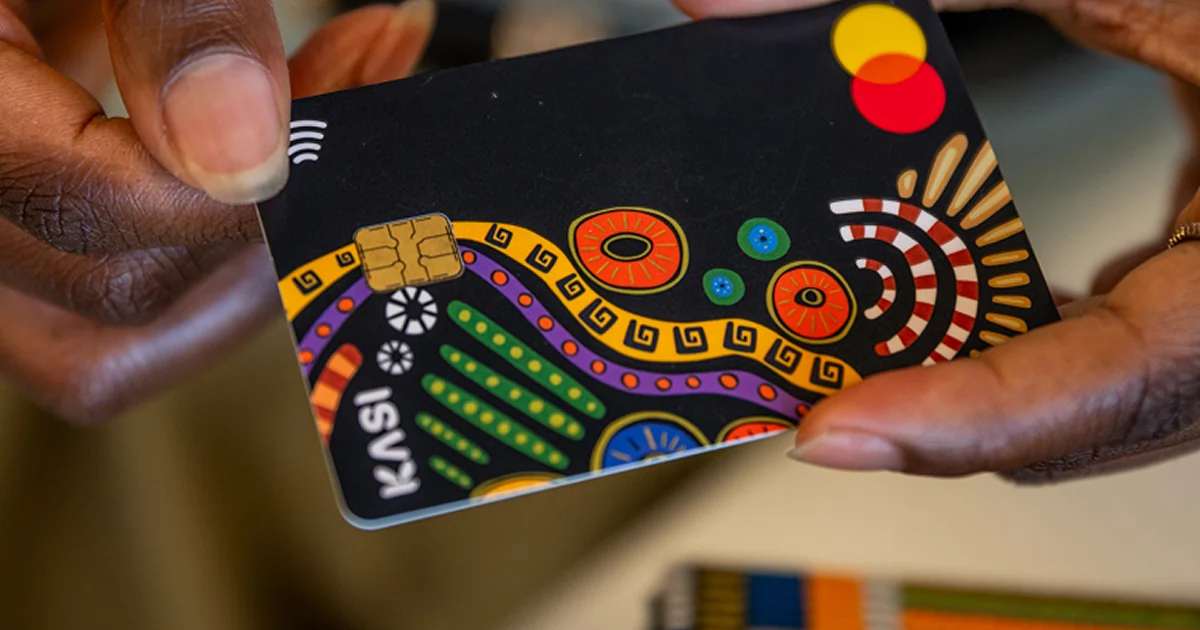
Thundafund, a South African online crowdfunding startup which allows entrepreneurs to raise capital for respective projects says they are also receiving applications from people trying to get others to donate cash to pay off their debts. These applications – about 1400 – are rejected and are not posted on the site.
So far, Thundafund has posted 250 projects on its site and 168 have reached their funding target. The website has raised R6 million in three years for community projects, businesses and the production of independent books and movies.
Thundafund COO Subhas Shah says projects had to reach what is called a “tipping point” – about a third of the total money needed – in three months. If they fail, the project is scrapped and donors get their money back.
Once projects reach their tipping point, they keep the money and can carry on fundraising. (Timeslive)
SU Lab accelerator to invest $100 000 in African startups
Singularity University’s (SU) Labs Startup Accelerator is inviting applications to its $100,000 accelerator programme open to startups from Africa.
The startup accelerator is targeted at entrepreneurs who utilize the power of exponential technologies such as sensor networks, artificial intelligence, robotics, and synthetic biology to address global challenges including those of the environment, government, security, poverty, health and education.
Now accepting applications for the Spring 2016 cohort, the programme is an intense 8-week experience taking startups from prototype or early proof-of-concept to scale. (Singularity University)
Digital trends to look out for
Paid social, lead by Facebook, is set to continue to grow. This is as more brands use social media platforms to reach their target audience.
This is according to Richard Lord, digital head of Mediashop. Lord also predicts that content will continue to be king as more people seek out content that they can engage with and that video will continue to be popular. Research, he says, supports this showing that people are more likely to engage with video content than static content.
Lord also predicts an increase in programmatic media buying which “is the use of technology to sniff out your consumer, find them online and show them your ads when and where they are most receptive.” (Bizcommunity)
The Black Business Council calls for the control of the value chain by black people
Unless black people control the value chain the economic transformation agenda would be rendered redundant, thus further exacerbating the lack of participation of black South Africans in the entire economy, the organisation says in a press statement.
This view was expressed by the Black Business Council (BBC) during the launch of the Black Industrialist Programme on Wednesday by the Department of Trade and Industry (dti) Minister Rob Davies and the Deputy Minister Mzwandile Masina in Pretoria.
Sandile Zungu, BBC Vice President says that the idea behind the conceptualisation of the Black Industrialist Programme was that “a thousand flowers” would be allowed to bloom. He reasons that the target that is set by government (of creating 100 black industrialist) is a good start but that is not where it must end.
“At the end of the day, it is not about creating black industrialists who will be swamped in value chains processes which are controlled by whites. Our narrative as BBC is that we need to have black South Africans contributing to and driving the economy. If you look at the value chain of food security the minority control everything from the ownership of commercial farms which are scalable and commercially viable, right to the milling of flower, the ownership of infrastructure like silos, the manufacturing and retailing of bread, black people are not anywhere.”






